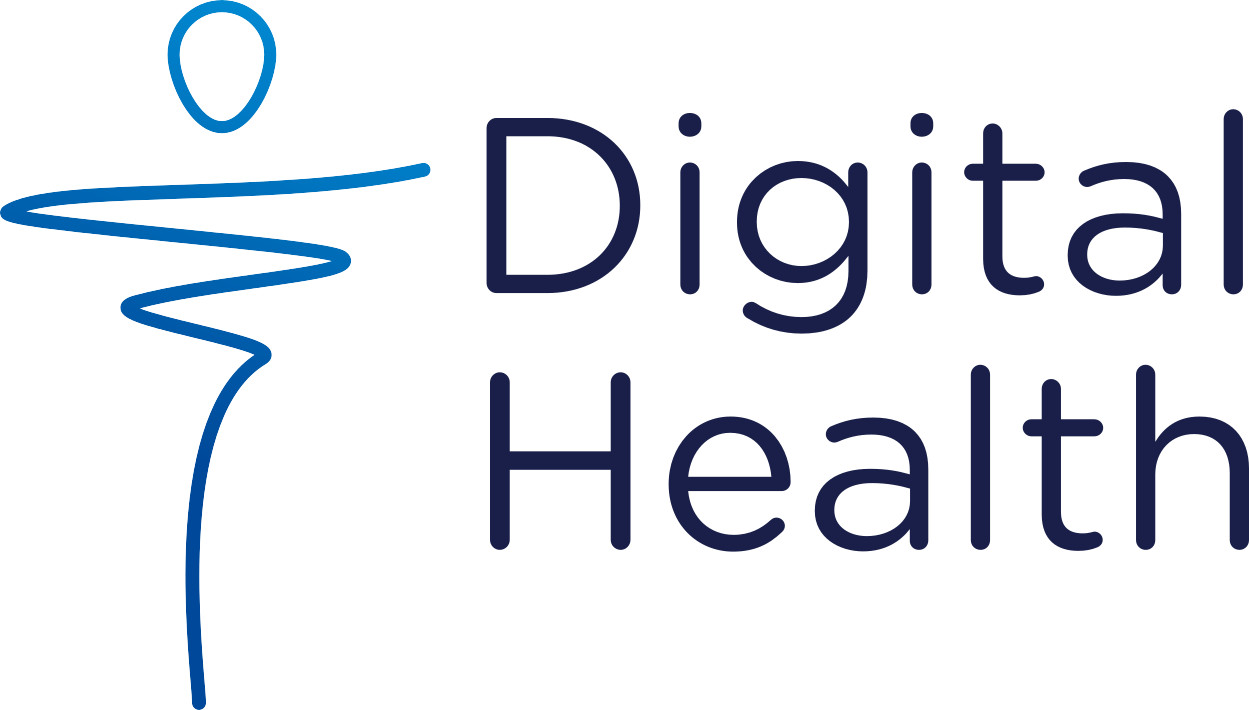Boston area/Dartmouth lecture tour
Prof. Oliver Amft gave invited research lectures on Personal Health Systems at several institutions in the Boston area, including Spaulding Rehabilitation Center, Northeastern University, and at Dartmouth College during Nov 12-15, 2018.
Talk title: Personal health system design and marker estimation for health-behaviour guidance
Abstract: Starting from the example of (automated) dietary monitoring methods, this lecture highlights the technical development of wearable and implantable systems for automated dietary behaviour monitoring and advanced health-behaviour guidance. I will talk about our early attempts in sensor design and monitoring in 2005, including transducers and pattern spotting algorithms for chewing, swallowing, and motion, i.e. ‘intake gesture’ detection. The sensor pattern modelling and personalisation challenge will be discussed and our approaches through domain adaptation methods, context hierarchy modelling, as well as self-taught learning. Subsequently, computational analysis methods that represent food intake as an event process will be discussed, including our context-free grammar model. The translational character of the methods will be discussed. In the second part of the talk, I will present our efforts to develop smart, regular-look eyeglasses with frame-integrated sensors and results on food intake timing analysis from a recent free-living study. It will be shown how the eyeglasses advance the field of automated dietary monitoring and integrate previous approaches, including the assessment of the chewing microstructure, food type categorisation and intake amount estimation. Finally, our endeavour to digitally model, analyse, and co-simulate mechanical systems jointly with their sensor function will be discussed. On the example of the eyeglasses, I will present a hierarchical multidomain modelling framework to design on-body sensor systems. Based on the framework design and simulations, experience and insight into functional design will be discussed. The talk will conclude with an outlook on the opportunities for future personal health system design and generalisation of our multidomain model framework to other classes of on-body systems.

